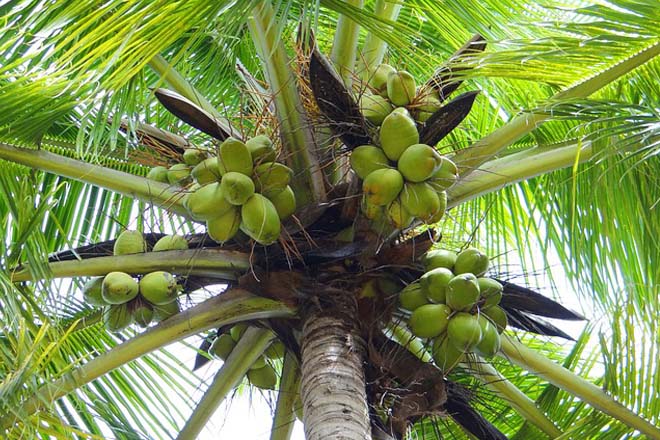
Cinnamon Hotels & Resorts proudly launched its latest sustainability initiative, “Cinnamon Rainforest Restoration Project”in collaboration with Ruk Rakaganno (The Tree Society of Sri Lanka), Forest Department Sri Lanka and John Keells Foundation, to restore a degraded 50-acre plot over a period of three years after which nature will take over the regeneration process. Natural forest regrowth is increasingly being seen as a viable climate change solution globally and this project, heralds the dawn of a new era in enriching Sri Lanka’s biodiversity amid a sense of urgency.
Dushy Perera, President of Ruk Rakaganno stated, “Popularly known as “Ruk Raks” (Tree Protectors) our ultimate goal of this collaboration is to restore 50 acres of degraded land in the wet zone of Sri Lanka situated in the buffer zone of the Sinharaja Rainforest. We are thankful to John Keells Foundation for funding this imminent initiative and partnering with us on this ground-breaking project”
The 50-acre site is situated in the Ratnapura District, at a proximity of 3.5 kilometers from the biodiversity hotspot and UNESCO World Heritage Site, the Sinharaja Forest Reserve, one of the few virgin forests left in the country. Restoring and reforesting this 50-acre site will further enrich the ecological significance of the region which also consists of numerous waterfalls and places of cultural and religious significance. The “Cinnamon Rainforest Restoration Project” provides a timely role model for corporate institutions working with government organizations and NGOs to conserve the biodiversity.
Commenting on the pioneering project, Chitral Jayatilake, Head of Nature Trails said, “One of the aims of the project is to engage guests at Cinnamon properties by welcoming them to be part of Cinnamon Nature Trails visit to the project site, where they can learn about the project to feel a sense of ownership. This path-breaking project foresees reclaiming forest land that will preserve the endemic flora and fauna in the area while also paving the way for more such reforestation projects across the land.”
The project also envisages encouraging employee volunteerism to clear invasive plants and prepare the ground soil to be ready for planting. Speaking on behalf of John Keells Foundation, Carmeline Jayasuriya, Head of CSR, said, “We are delighted to be part of this collective mission of conserving critical ecosystems around Sinharaja Forest. Beyond our funding commitment, we plan to actively engage staff volunteers of John Keells Group as well as the community in clearing invasive plants, preparing the ground soil and planting trees which will add value to the project and also bring personal fulfilment in being part of a sustainable reforestation effort.”
As part of the project’s engagement plans, guests from Cinnamon properties will be escorted by a trained naturalist at the site who will show them around and explain the objectives of the project. Guests who wish to plant a tree will be able to do so at a pre-selected spot, bearing the cost of each plant as a donation towards the project, while also tagging the plant in a manner that links the planter to the tree to enable monitoring of the tree’s progress over the years.
Adding further, Vimukthi Weeratunga - Project Head & Team Biologist said, “Sri Lanka is already witnessing an influx of tourists with the easing of travel restrictions and international tourism slowly rising. We are excited to bring interested guests to witness the project first-hand. I am proud to lead a team of qualified, passionate biologists who are committed to the success of this project.”
The Cinnamon Rainforest project is an initiative implemented by Ruk Rakaganno (The Tree Society of Sri Lanka) in partnership with the Forest Department Sri Lanka and Cinnamon Hotels & Resorts, in memory of the former president of Ruk Rekaganno, late Mrs. Kamani Meedeniya Vitarana. The project is sponsored by John Keells Foundation and aims to restore 50 acres of degraded land in the wet zone of Sri Lanka by March 2024, in order to create a sanctuary to safeguard and preserve the biodiversity for future generations.

